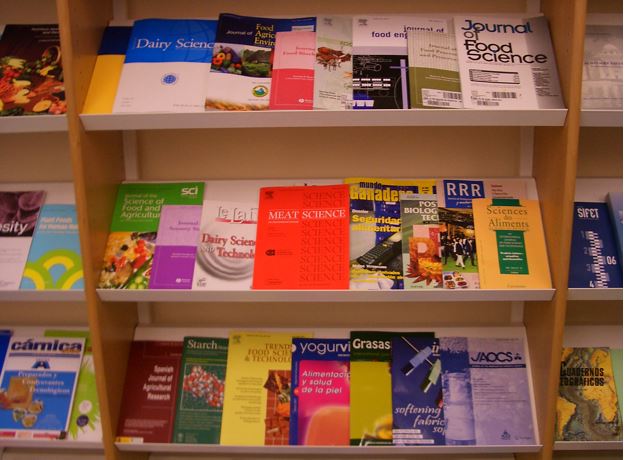Danielsen COVID-19 research featured in special issue of Religions
This special issue of the open access journal, Religions, focuses on religion, spirituality, COVID-19, and mental health. This paper looks at differing trajectories of change among therapy clients across three time points during the pandemic. We found support for the relational spirituality model premise that the combination of dwelling and seeking can potentially offer a protective effect toward adaptive coping with adversity. At the same time, we reflect on differing possibilities for how spirituality and religion can impact mental health, the role of social privilege effects, and ways flourishing does not always necessitate increases in spirituality or religion. We also consider the implications for diversity-sensitive treatment and future research. Below is a link to the article, citation, and abstract.
You can read the full article here.
Jankowski, P.J., Sandage, S.J., & Crabtree, S.A. (2022). The moderating influence of Religiousness/Spirituality on Covid-19 impact and change in psychotherapy. Religions, 13, 488. https://doi.org/10.3390/rel13060488
Abstract
The COVID-19 pandemic has spurred a global surge in empirical research examining the influence of the pandemic on individuals’ mental health symptoms and well-being. Within this larger literature is a rapidly growing literature on the associations among religiousness/spirituality, COVID-19 impact, symptoms and well-being. Absent from this literature is a specific research focus on psychotherapy clients, and the influence of religiousness/spirituality and COVID-19 impact on change in symptoms and well-being during treatment. One prominent theory in the existing literature centers on the notion that religiousness/spirituality is a coping resource for individuals during times of adversity. Yet, existing empirical findings present mixed evidence for the coping hypothesis. We expanded upon these emerging research trends to examine the influence of religious/spiritual struggles, religious/spiritual commitment, religious/spiritual exploration, and COVID-19 impact ratings on psychotherapy change in a sample of adult clients (N = 185; Mage = 38.06; SD = 15.78; range = 19 – 81; 61.1% female; 69.7% White). Results of latent trajectory analysis identified three subgroups that differed on initial levels of symptoms and well-being and the nature of change over three time points. COVID-19 impact ratings influenced psychotherapy change. As more positive ratings of COVID-19 impact increased, membership in the no change trajectory was more likely relative to the deterioration trajectory, at high levels of both religious/spiritual commitment and exploration. Implications emphasized the need for diversity-sensitive treatment and judicious assessment of religiousness/spirituality and COVID-19 impact before integrating religiousness/spirituality into treatment.
